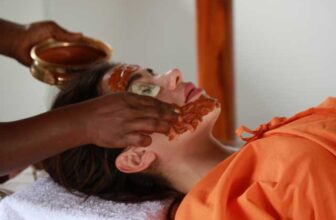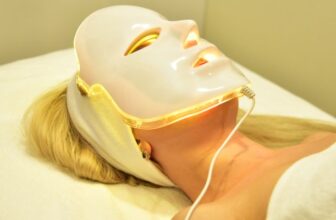
There has been debate recently about the validity of homeopathy and the worth it brings to healthcare, especially from those in the NHS. NHS Lothian has recently been considering whether or not to cut the funds it currently uses for homeopathic services. Those against the service have stated that there was no scientific evidence to suggest that the treatment worked, claiming that positive results were due to a “placebo” effect.
Homeopathy is system of treatment which has been around for 200 years and uses extremely diluted substances which are given orally in the belief that they catalyse the body’s self healing mechanism.
The British Medical Association, who represents the UK’s doctors, states that there should be no more funding for the practice, stating that they are concerned that the little resources that they have are being spent on treatment with little or no scientific evidence.
There has obviously been a response from those who support the treatment. The Faculty of Homeopathy have stated that it isn’t correct to say there is no evidence supporting the treatment. The faculty president stated that it opponents of the treatment cherry-picked the evidence to support abolishing the funding associated with homeopathic treatment.
The faculty also believe that this particular type of treatment can remain to be a safe, cost effective way in which to treat people, also going as far as saying that it could even SAVE the NHS money.
But the NHS disagrees and has stuck to their guns, weighting their argument heavily towards the lack of medical and scientific proof. Alongside this, the cross party House of Commons Science and Technology Committee felt the same in 2010 when they conducted their own study and found that beyond a placebo effect where a patient gets better due to their belief that the medicine works.
The Commons committee also stated that using the public purse to finance highly-diluted therapies couldn’t be carried on with. The drugs regulator, the Medicines and Health products Regulatory Agency, also came under fire from government as they allowed medical claims to be made. The bar isn’t set as high for homeopathic treatments as they are for medical treatments, partly because they have been available since the inception of the NHS in 1948.
Whether or not homeopathy works scientifically is one thing but if it makes people believe that they are getting better, if not for better mental state, then surely this has to be worth something. Millions are spent each year on painkilling drugs such as paracetamol; they hand out too much to people and surely the priority of the NHS has to be making people believe they are better in the long run.
Jenny Jones writes on many different topics but is most passionate about health, fitness and private healthcare. Jenny’s work can be seen on many blogs including Followhealth and bmi4sme.





